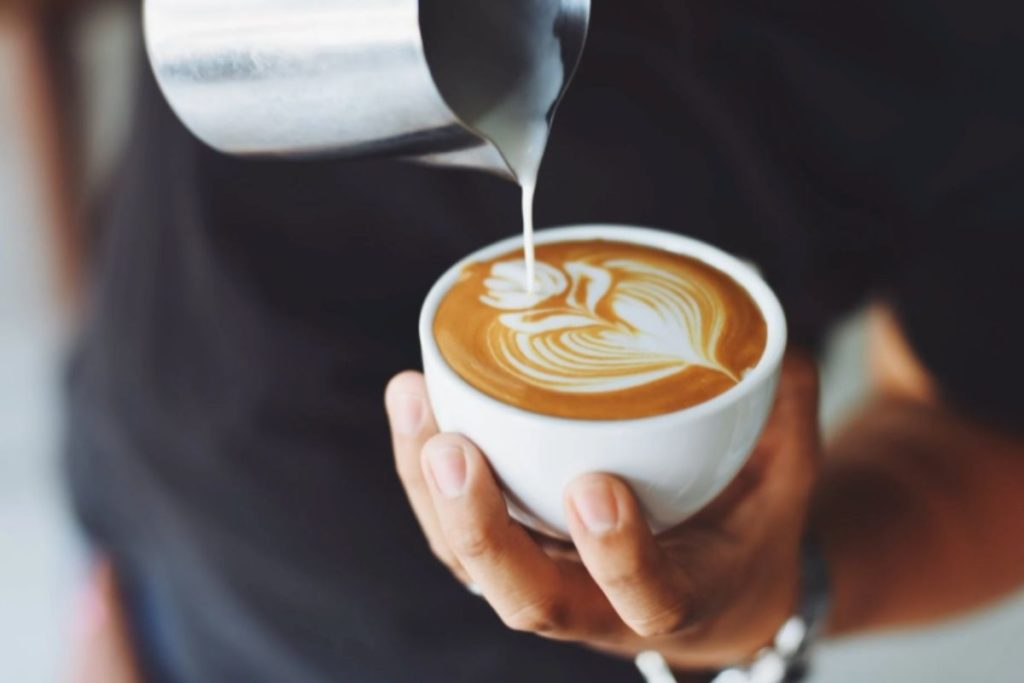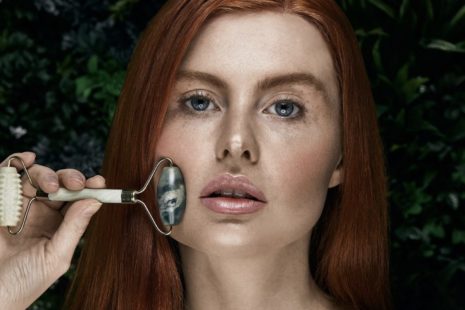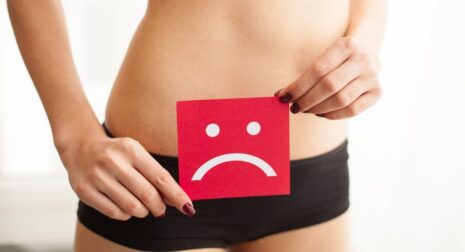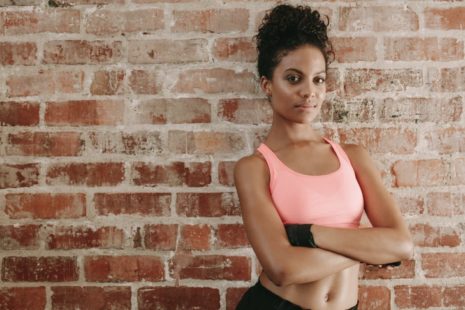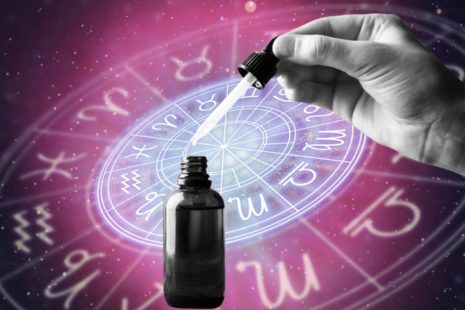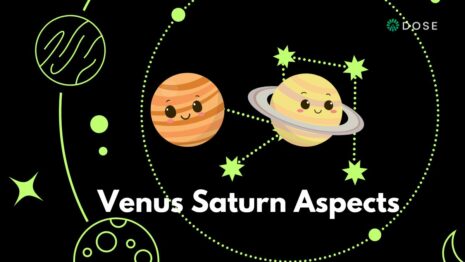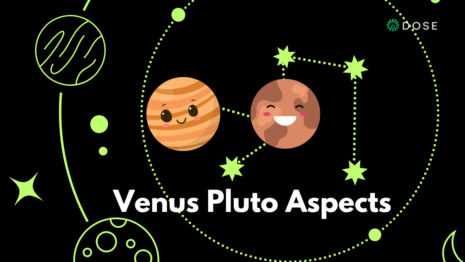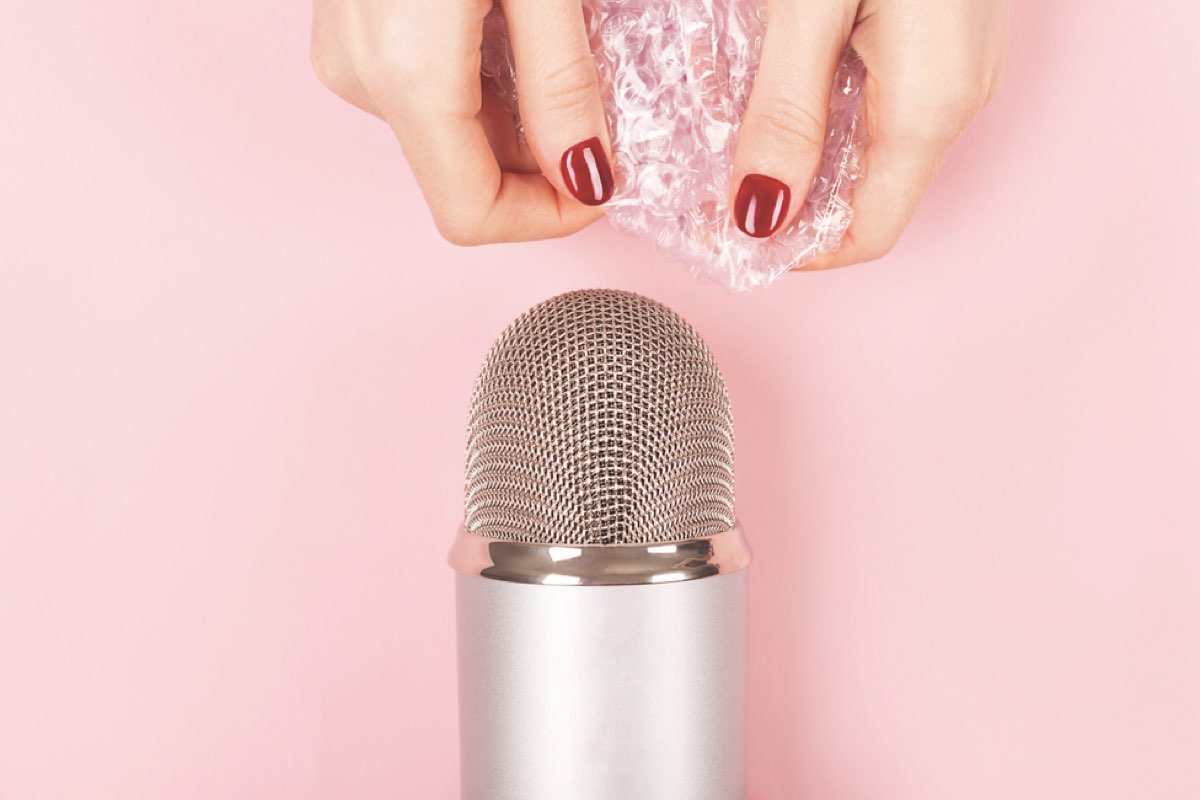We all have those days when our first cup of coffee quickly turns into our third or fourth. It’s part of our morning routine and pick-me-up we count on to make us feel more energised and alert. And let’s be honest, the coffee high feels good. But it’s addictive. Blame dopamine, our motivation molecule. According to science “Caffeine blocks adenosine reception so you feel alert. It injects adrenaline into the system to give you a boost. And it manipulates dopamine production to make you feel good”. So how do we know when we’re overdoing it? DOSE writer Demi discusses how your body tells you if you’re consuming too much caffeine, why too much is bad and how to reduce coffee consumption for better health…
Why is too much caffeine bad?
Caffeine is everywhere and consuming it is generally safe. However, most of us aren’t aware of the negative effects. Too much caffeine can lead to insomnia, increased anxiety, restlessness and more.
Research suggests that caffeine consumption is relatively safe in limited amounts. The problem is that many people today are consuming a high number of energy drinks that contain massive amounts of caffeine, which can lead to complications. Today the issue of caffeine toxicity has been worsened with the rise in energy drinks. These concentrated caffeinated beverages are not only toxic themselves, but the problem becomes exacerbated when combined with tobacco or alcohol. We’re looking at you Jager Bomb…
How do you know you’re overdoing it with coffee
The typical dose of caffeine is roughly 70 to 100 mg per drink. Although there is no specific daily allowance for caffeine, over 400 mg a day is considered over kill. However, caffeine isn’t only in tea and coffee. It’s also in our favourite late night snack – chocolate.
Most of us aren’t aware of the amount of caffeine in products – so we’ve cleared things up below:
- Average cup of instant coffee 75 mg
- Regular can of cola drink up to 40 mg
- Average mug of instant coffee 100 mg
- Regular can of energy drink up to 80 mg
- Average cup of brewed coffee 100 mg
- Plain 50 g bar of chocolate up to 50 mg
- Average cup of tea 50 mg
- Milk 50 g bar of chocolate up to 25 mg
*Data from Food Standards Agency, 2001
Why do we rely so heavily on caffeine?
Although it’s very addictive there are many benefits to a caffeinated beverage like coffee. Apart from it being one of the more enjoyable drinks we can consume during intermittent fasting, it relieves fatigue and enhances mental performance.
Interesting fact, just the smell of coffee can help us perform better. Researchers at Stevens Institute of Technology revealed that the scent of coffee alone might help people perform analytical tasks better, suggesting a placebo-like effect of caffeine. Don’t be surprised if the pleasant aroma of coffee brewing permeates your workspace in the near future! (Global Wellness Summit Medi-Scent report).
Why too much caffeine can have a negative impact on your wellbeing
Too much caffeine consumption can lead to “caffeinism”, which causes agitation, restlessness, excitement, insomnia and rambling speech and thoughts.
Additional side effects are:
- Anxiety
- Shaking
- Headaches
- Dizziness
If you’re feeling any if these side effects, stop consuming caffeine for the day and drink water. If you’re feeling anxious try going for a walk or practice some breathing exercises with a breathwork coach for a few minutes. Also try eating something to slow the absorption of caffeine.
Tips to reduce your caffeine consumption gradually
The trick is to cut down gradually. Our bodies get dependent on caffeine and going cold turkey will come with side effects. Switching to decaf, black coffee or green tea will minimise the withdrawal effects. Try this 7 day tea tox to wean yourself off caffeine and still get the energy you need. Find other ways to boost your energy like using natural energy boosters such as omega 3 supplements. Or try exercising in the morning for that morning pick me up.
If you’re like us and it’s an all or nothing approach, then make sure you stop consuming caffeine when your life isn’t too demanding. Lying on a beach in Spain is a good option. Your mind and body will have nicer things to focus on than it’s lack of coffee.
If you’re finding it hard, have a bite of dark chocolate to crush those cravings. Any excuse to have some chocolate at 8am is good for us!
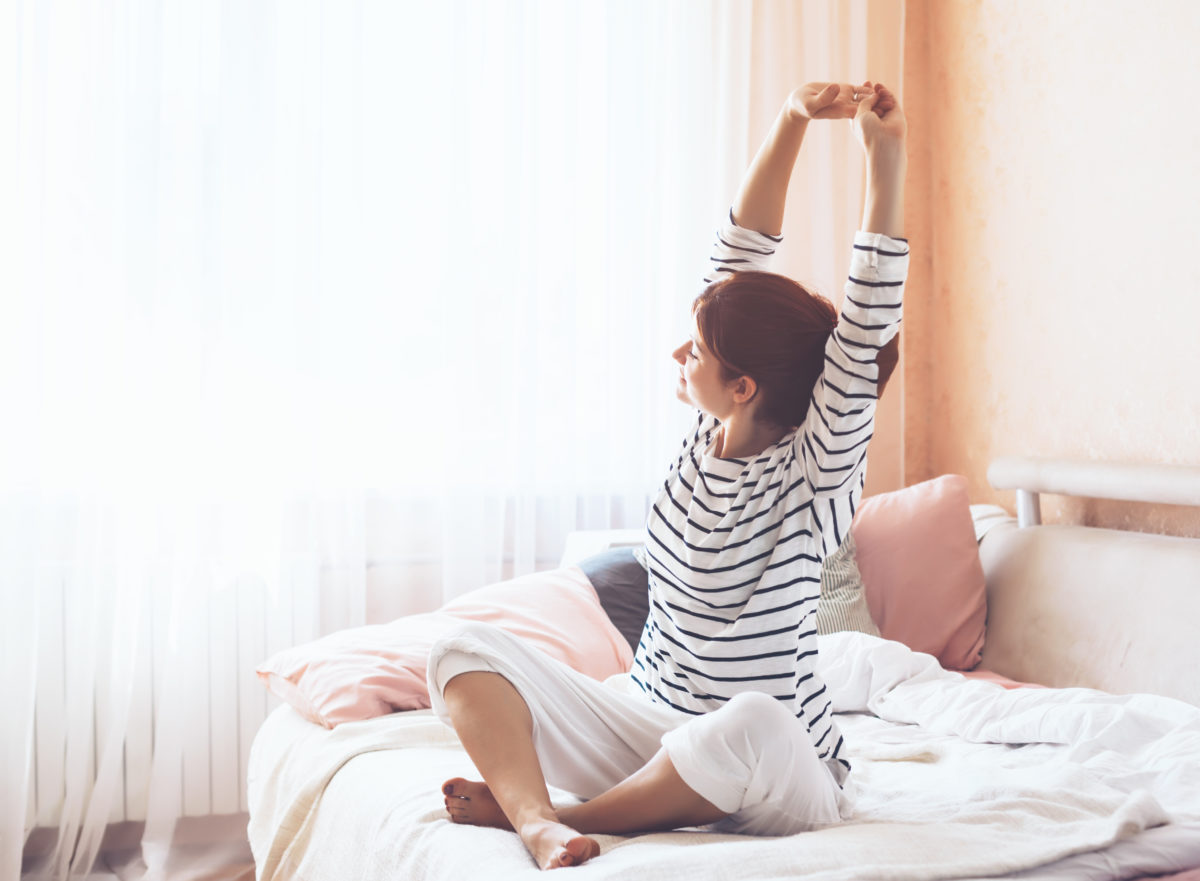
What will happen when you stop drinking coffee?
Common symptoms include headaches, irritability, sleeplessness, nausea, anxiety, restlessness, and raised blood pressure. It may seem overwhelming but it’s not likely you’ll experience all of these symptoms. They typically start slowly, are at their worst at 1–2 days, and recede within a few days.
For more coffee related content read “What Happened When I Swapped Coffee For Green Tea“
Get your weekly DOSE fix here: SIGN UP FOR OUR NEWSLETTER.
Related Posts:
- Natural Tips to Release/Boost Dopamine Instantly
- How To Increase Dopamine: The 'Motivation Molecule'
- What Is Dopamine Fasting And How Can It Make Us Happier?
- Dopamine Rich Comfort Foods To Boost Your Mood - We…
- The Third House in Astrology: House Of Communication
- The Meaning Of The King of Wands Tarot Card
